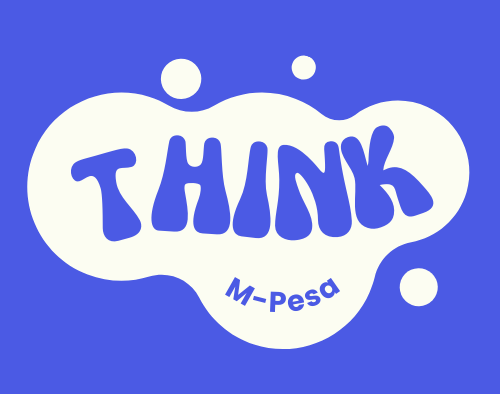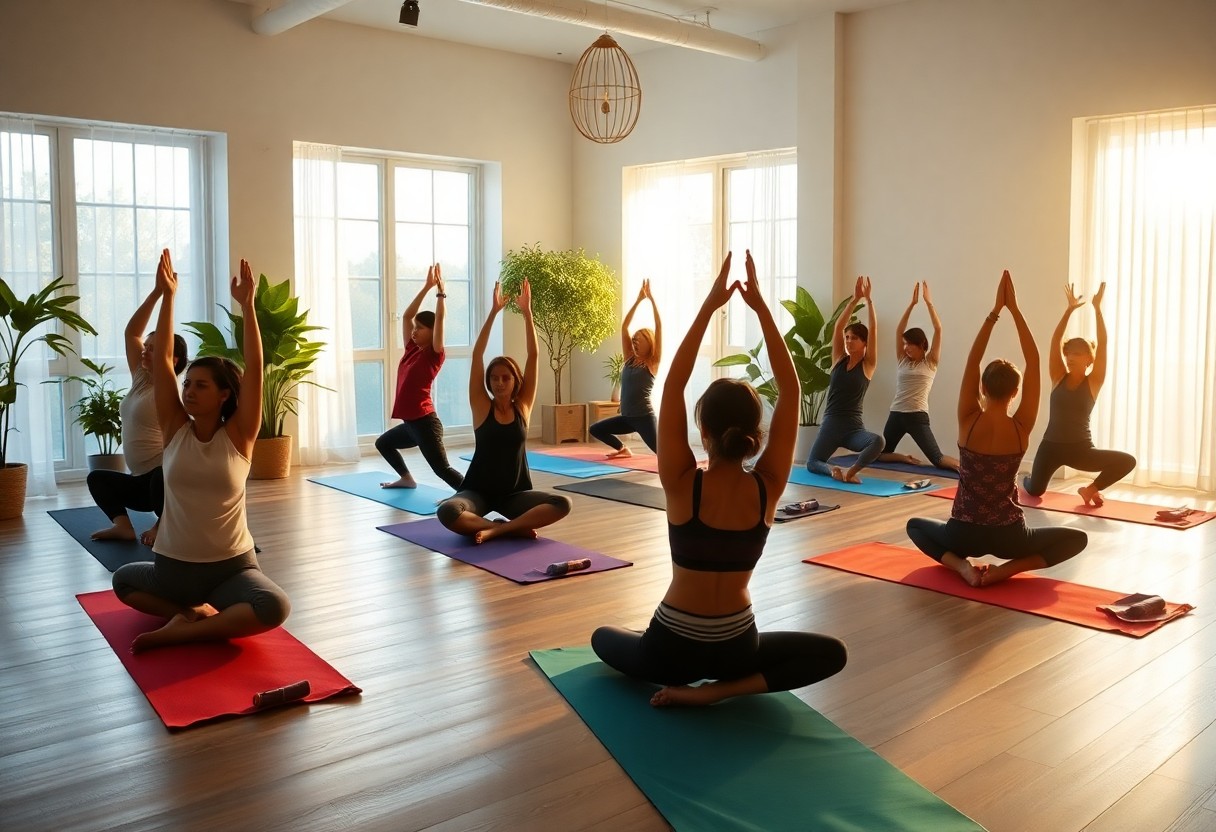Beginner yogis like you might feel a mix of excitement and uncertainty as you commence on your yoga journey. Understanding yoga’s numerous benefits can help you confidently integrate this practice into your life. From boosting your physical health to enhancing your mental clarity, yoga offers something for everyone. In this guide, we’ll explore the vital aspects of yoga, including basic poses, breathing techniques, and the positive impact it can have on your well-being. Get ready to unlock the transformative power of yoga!
What is Yoga?
Before venturing into the practice, it’s important to understand that yoga is more than just a series of physical postures. It is an ancient discipline that harmonizes the mind, body, and spirit through a combination of breath control, meditation, and physical exercise. By engaging in yoga, you cultivate not only flexibility and strength but also mental clarity and emotional stability.
The Origins of Yoga
By tracing its roots back over 5,000 years to ancient India, yoga has evolved from spiritual practices aimed at enlightenment to a modern global phenomenon embraced by many for health and wellness. The foundational texts, such as the Yoga Sutras of Patanjali, have guided practitioners in their quest for balance and self-discovery.
Different Styles of Yoga
Around the world, you will find various styles of yoga, each offering unique approaches and benefits. From the vigorous practice of Ashtanga to the more restorative Yin yoga, there’s a style to fit your needs and preferences. Understanding each one can help you select the best practice for your lifestyle.
And as you explore these styles, consider Hatha yoga for beginners, which focuses on basic postures; Vinyasa for a dynamic flow; or Kundalini, which aims to awaken your inner energy. If you prefer a gentle approach, Restorative yoga offers deep relaxation and support through props. Each style presents unique benefits, so take your time finding what resonates with you and enhances your well-being.
Physical Benefits of Yoga
Now more than ever, individuals are turning to yoga for its physical benefits. Practicing yoga can help you develop a strong, flexible, and toned body while also improving your overall health. Incorporating various postures and stretches into your routine can significantly enhance your physical capabilities, making yoga a vital addition to your fitness journey.
Improved Flexibility and Strength
Above all, yoga is renowned for its ability to enhance flexibility and strength. As you progress through different poses, you will gradually increase your range of motion while also building core and muscle strength. This dynamic combination allows you to perform everyday activities with greater ease and reduces the risk of injury over time.
Enhanced Balance and Posture
About improving balance and posture, yoga plays a key role in helping you develop better body awareness. Engaging in various poses encourages you to focus on alignment and symmetry, which in turn promotes a more stable center of gravity. This awareness translates into improved posture in your daily life.
Also, practicing yoga regularly can help correct *poor posture* caused by sedentary habits or imbalances. By engaging your core muscles and strengthening the stabilizer muscles of your body, yoga creates a foundation for *better alignment*. This helps alleviate *chronic pain* associated with conditions like back pain or neck strain. Ultimately, incorporating yoga into your routine allows you to stand taller, feel more grounded, and enjoy lasting *comfort and stability* in your daily activities.
Mental Benefits of Yoga
Some of the most significant mental benefits of yoga include enhanced emotional well-being and a greater sense of inner peace. Engaging in regular practice allows you to cultivate mindfulness, increasing your awareness of the present moment. With consistent yoga, you can experience a reduction in anxiety and improved resilience, making it easier to navigate the ups and downs of daily life.
Stress Reduction Techniques
Between the various breathing techniques, meditation practices, and gentle movements in yoga, you’ll find effective strategies for managing stress. Incorporating deep breathing and meditation into your routine enables your body to activate relaxation responses, leaving you feeling calmer and more centered. This intentional focus helps to lower cortisol levels, allowing you to handle challenges with greater ease.
Increased Focus and Clarity
Across the spectrum of yoga practice, you’ll discover that your ability to concentrate and maintain mental clarity can significantly improve. The combination of breath work, physical poses, and meditation sharpens your mind, allowing you to stay present and fully engaged in tasks.
Increased focus and clarity are benefits that arise as you consistently engage in yoga. This practice encourages you to develop a deeper connection between your mind and body, enabling you to eliminate distractions and cultivate sustained attention on your goals. By practicing mindfulness through yoga routines, you can ward off mental fog, resulting in enhanced decision-making and overall productivity. Embracing yoga not only nurtures your body but transforms your mental acuity, empowering you to tackle daily challenges with clarity and purpose.
Emotional Benefits of Yoga
Many people find that practicing yoga significantly boosts their emotional wellbeing. By integrating mindfulness and movement, yoga helps you manage stress, reduce anxiety, and improve overall mood. It encourages a deeper connection with your body, providing tools to navigate emotional challenges, thereby fostering a more balanced life.
Building Emotional Resilience
Before embracing the many emotional benefits of yoga, you must recognize the value of building emotional resilience. Yoga teaches you to respond to stressors with a calm mind, rather than reacting impulsively. As you practice regularly, you develop a greater appreciation for your emotional landscape, which empowers you to face life’s challenges with strength and grace.
Enhancing Self-Awareness
Below the surface of physical well-being lies the profound emotional benefit of enhanced self-awareness. This practice invites you to tune into your thoughts and feelings, creating space for self-reflection. You may discover patterns in your emotional responses, leading to greater clarity and understanding of your triggers, desires, and fears.
For instance, when you engage in yoga, your mind quiets, allowing you to observe your emotions without judgment. This heightened awareness can reveal underlying issues that may have been ignored, facilitating personal growth. As you identify negative thought patterns or emotional blockages, you can take steps to address them, ultimately nurturing a more authentic and fulfilled version of yourself. Cultivating self-awareness through yoga is a powerful step towards emotional freedom and resilience.
Getting Started with Yoga
To begin on your yoga journey, begin by setting your intentions and finding a conducive environment for practice. Whether at home or in a studio, ensure you create a peaceful space that promotes focus and relaxation. Start with beginner classes or online tutorials to familiarize yourself with basic poses and breathing techniques. Don’t rush; take your time to cultivate your practice and mindfulness, allowing you to discover the profound benefits that yoga offers over time.
Choosing the Right Style for You
About various yoga styles, consider what resonates most with your personal goals and preferences. Some may prefer the dynamic flow of Vinyasa, while others might seek the restorative nature of Yin Yoga. Experiment with different types to find the one that aligns with your body and spirit. This personalized approach ensures a more fulfilling and sustainable practice.
Essential Equipment and Gear
Style your yoga experience with a few crucials: a quality yoga mat, comfortable clothing, and perhaps props like blocks, straps, or a bolster. A good mat provides the necessary grip and cushioning for your practice, while breathable, flexible attire allows for ease of movement. As you progress, consider incorporating additional items that support your individual needs, enhancing both comfort and performance.
Understanding the importance of proper equipment adds significant value to your yoga practice. A reliable yoga mat can prevent slips and enhance stability during poses, while the right clothing can enhance your ability to execute movements effectively. Investing in your yoga gear means you can focus on the practice without any hindrances, promoting a deeper connection to your body and mind. Embrace these crucials to maximize your experience and enjoy the benefits yoga brings to your life.
Common Misconceptions About Yoga
After exploring the basics of yoga, it’s vital to address some common misconceptions that might discourage you from begining on your yoga journey. Many people carry misconceptions about yoga that can prevent them from experiencing its numerous benefits. These misconceptions can range from beliefs about physical ability to misunderstandings about yoga’s spiritual implications. By debunking these myths, you can embrace a more open mindset and fully enjoy all that yoga has to offer.
Yoga is Only for the Flexible
Among the most prevalent myths about yoga is the belief that it is only for those who are already flexible. This misconception can be intimidating, especially for beginners or those with various physical limitations. The truth is that yoga is for everyone, regardless of your current flexibility level. With consistent practice, you will gradually improve your range of motion and gain strength, making yoga accessible to all bodies.
Yoga is a Religious Practice
Between the many styles of yoga and its various roots, some perceive it as strictly a religious practice. While yoga does have spiritual elements tied to its ancient origins, it can be practiced without any religious affiliation. You can engage with the physical aspects of yoga, focusing on your body and breath, while leaving out spiritual or religious elements. This allows you to personalize your practice according to your beliefs and comfort level.
Also, it’s important to recognize that yoga is not limited to a single religion or spiritual path; it has roots in various cultures and philosophies. Many practitioners embrace yoga solely for its physical benefits, such as improved strength, flexibility, and mental clarity, without incorporating any religious aspects. By focusing on the mind-body connection, you can create a practice that aligns with your personal values while reaping the positive health effects of yoga.
Summing up
On the whole, exploring yoga can significantly enhance your physical and mental well-being. By integrating various techniques, including postures, breathing exercises, and meditation into your routine, you can improve your flexibility, reduce stress, and cultivate mindfulness. Whether you are seeking to improve your fitness or achieve inner peace, yoga offers a diverse array of benefits tailored for everyone. As you begin on this journey, you empower yourself to make positive changes that enhance your quality of life and foster overall health.




